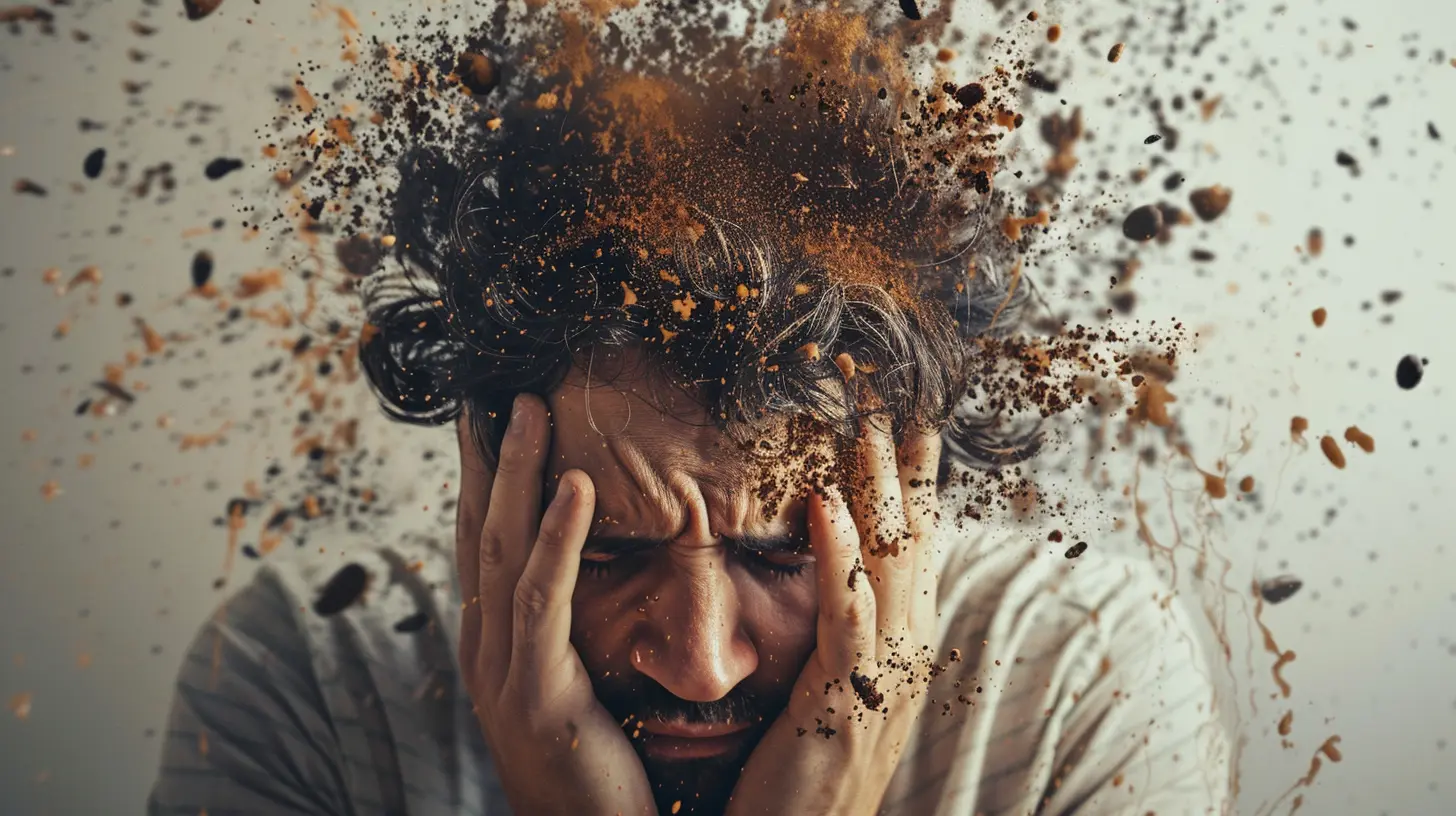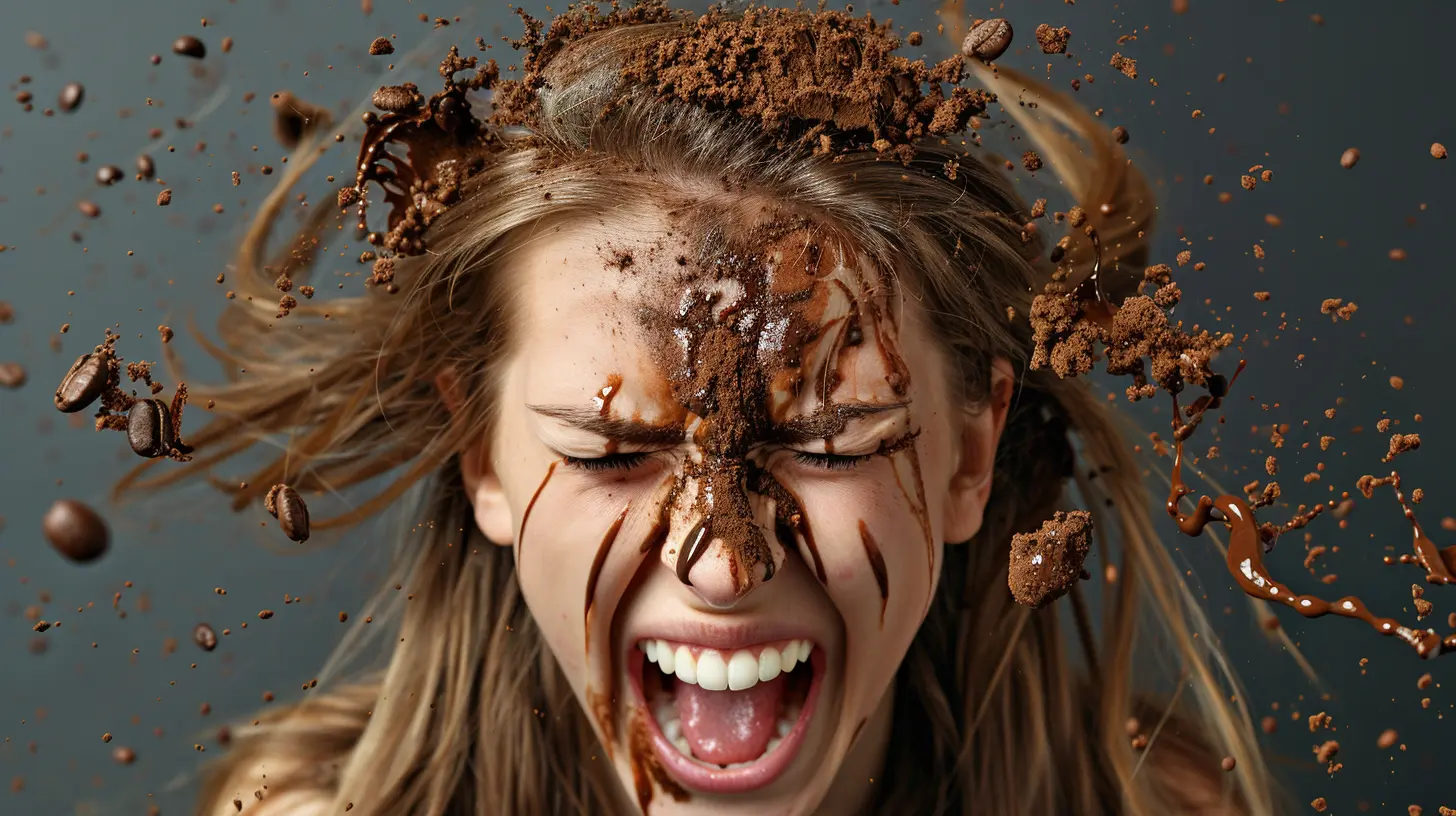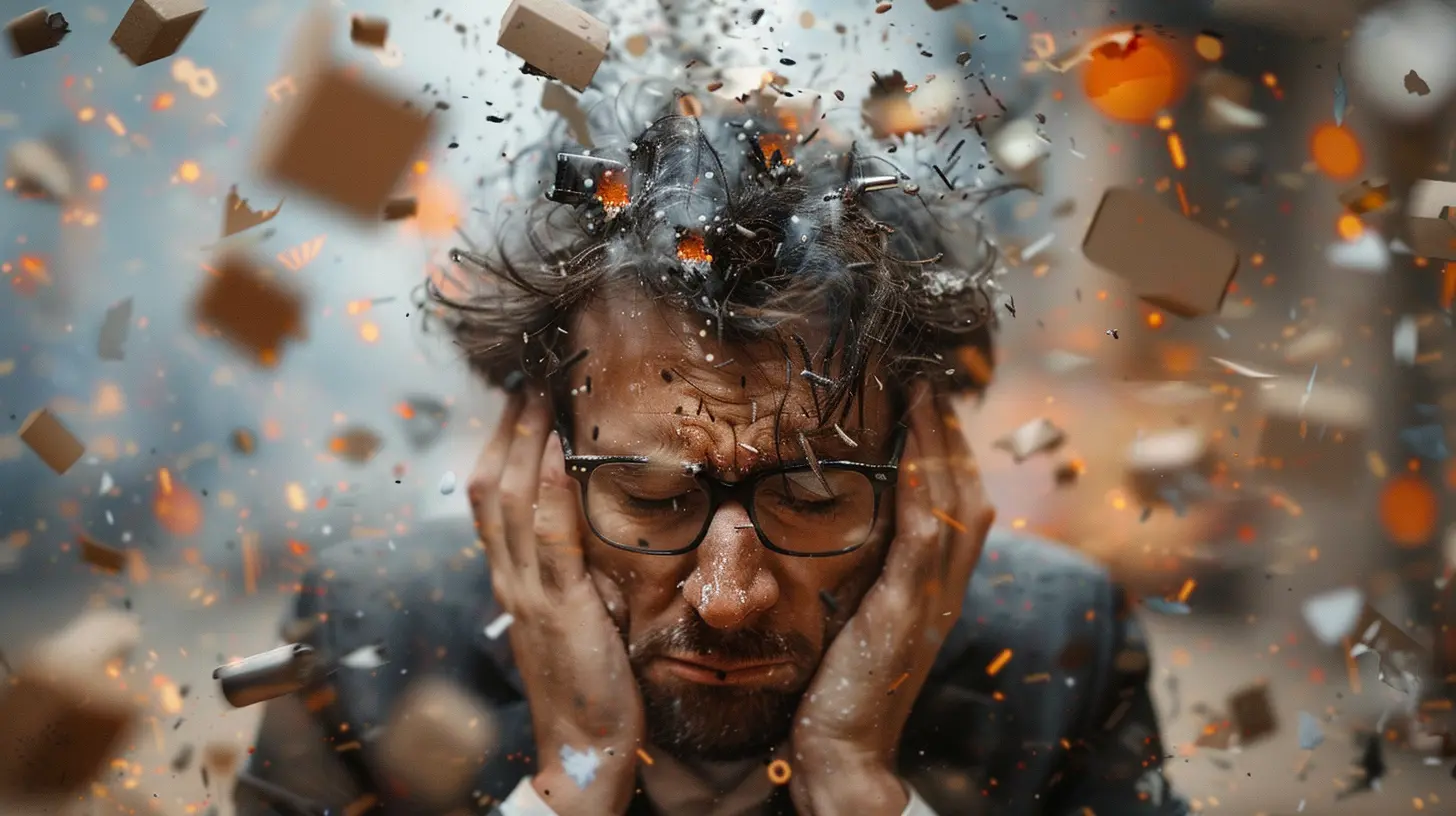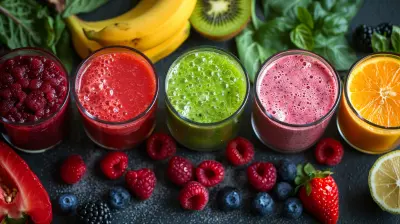29 November 2024
Do you ever find yourself reaching for a cup of coffee to kickstart your day or grabbing an energy drink to power through an endless to-do list? (Don’t worry, you’re not alone!) Caffeine is like that reliable, jittery best friend many of us turn to for a quick pick-me-up. It's everywhere—in coffee, tea, soda, energy drinks, and even chocolate. But as much as we love caffeine for giving us an extra boost, have you ever wondered what it’s really doing to your stress levels and anxiety?
Let’s dive in and explore the bittersweet relationship between caffeine, stress, and anxiety. Spoiler: it’s not as simple as a love-hate story. 
What Is Caffeine, and Why Do We Love It So Much?
Caffeine is a natural stimulant that primarily works by blocking adenosine receptors in the brain. (Think of adenosine as your brain’s internal “sleepy signal.”) When caffeine swoops in and blocks those receptors, you feel more awake, alert, and ready to take on the day. A small dose can increase focus and productivity, which is probably why so many of us are hooked!But here’s the catch: caffeine doesn’t actually give you energy. It tricks your brain into feeling awake by overriding its chill-out signals. And when that buzz wears off—hello, caffeine crash! 
Caffeine and Stress: The Good, the Bad, and the Ugly
The Good: Can Caffeine Help with Stress?
At first glance, caffeine and stress might seem like they go hand in hand. After all, that double shot of espresso can help you tackle a pile of work or stay awake during a late-night study session. And isn’t checking things off your to-do list the ultimate stress reliever?Well, yes and no. Studies show that caffeine can enhance your focus and help you cope with short-term stress by boosting your adrenaline levels. But don’t start guzzling coffee just yet—there’s a flip side to the story.
The Bad: Caffeine and the Stress Hormone Cocktail
When you drink caffeine, your body releases adrenaline, the same hormone that kicks in when you’re in a fight-or-flight situation. That rush can be helpful in small doses, but too much adrenaline can leave you feeling jittery, restless, and... stressed.Think about it—have you ever had one too many cups of coffee and noticed your heart racing? That’s your body going into overdrive, and it’s not exactly a recipe for staying calm.
The Ugly: Chronic Stress and Caffeine
Here’s where things get dicey: If you’re already dealing with chronic stress, caffeine can exacerbate the problem. High levels of caffeine can overstimulate your nervous system, leaving you in a perpetual state of “wired but tired.” Over time, this can wear down your body, making it harder to manage stress naturally.
Anxiety and Caffeine: Are They Frenemies?
Ah, caffeine and anxiety—the complicated duo. Anxiety disorders are already tricky to manage, and caffeine can sometimes feel like that one “friend” who stirs the pot when things are finally going well.Here’s why:
1. Caffeine Can Mimic Anxiety Symptoms
Ever feel your heart pounding, hands trembling, or mind racing after a strong cup of coffee? (Same.) Those symptoms overlap with anxiety, which can make it difficult to tell whether your anxiety is flaring up or if you’ve just had too much caffeine.2. Caffeine Can Make Anxiety Worse
If you’re prone to anxiety, caffeine might amplify those feelings. Research suggests that even moderate amounts of caffeine can increase cortisol (the stress hormone) and exacerbate anxiety symptoms, especially in people who are already sensitive to it.3. The No-Sleep Factor
We all know caffeine can mess with your sleep, especially if you drink it late in the day. And guess what? Poor sleep and anxiety are BFFs. The less rest you get, the more anxious you’re likely to feel, creating a vicious cycle that’s tough to break.
How Much Caffeine Is Too Much?
Let’s get real for a second: not all caffeine consumption is bad. A little bit here and there is unlikely to wreak havoc on your mental health. But how much is too much?Experts generally recommend sticking to about 400 milligrams of caffeine a day—that’s roughly four 8-ounce cups of coffee. But keep in mind that everybody’s tolerance is different. If you’re noticing signs like restlessness, irritability, or trouble sleeping, it might be time to scale back.
Tips for Managing Your Caffeine Intake
So, you’re not ready to give up your morning java? Fair enough. I’m not here to tell you to ditch coffee altogether (trust me, I couldn’t either). But there are ways to enjoy caffeine without letting it mess with your stress levels or anxiety.1. Start with Awareness
Pay attention to how caffeine affects you. Do you feel fine after one cup but jittery after two? Keep track of your consumption and how your body reacts.2. Time It Right
Try to avoid caffeine in the late afternoon or evening. This gives your body enough time to metabolize the caffeine before bedtime, helping you avoid sleep issues.3. Cut Back Gradually
If you’re drinking a lot of caffeine, don’t quit cold turkey (trust me, caffeine withdrawal is no joke). Gradually reduce your intake to avoid headaches, irritability, and fatigue.4. Switch to Alternatives
There are plenty of caffeine-free or low-caffeine options out there. Herbal teas, decaf coffee, or even sparkling water with a splash of fruit juice can give you that satisfying sip without the buzz.5. Pair Caffeine with Food
Drinking coffee on an empty stomach can amplify anxiety symptoms, so try pairing it with breakfast or a snack.When to Seek Help
If you find that caffeine consistently worsens your stress or anxiety, it might be time to reevaluate your relationship with it. And if you’re dealing with severe anxiety or stress that’s interfering with your daily life, don’t hesitate to reach out to a healthcare professional. Sometimes, it’s not just about the caffeine—it could be part of a larger issue that needs attention.The Bottom Line
Caffeine is a double-edged sword when it comes to stress and anxiety. While it can give you the energy boost you need to conquer the day, it can also push your body into overdrive, leaving you feeling more frazzled than focused.The key is moderation and self-awareness. Listen to your body, know your limits, and don’t be afraid to make adjustments if needed. Because at the end of the day, your mental health is more important than that extra shot of espresso—no matter how tempting it might be.










Kestrel Ortiz
Does caffeine calm or stress?
February 3, 2025 at 5:17 AM